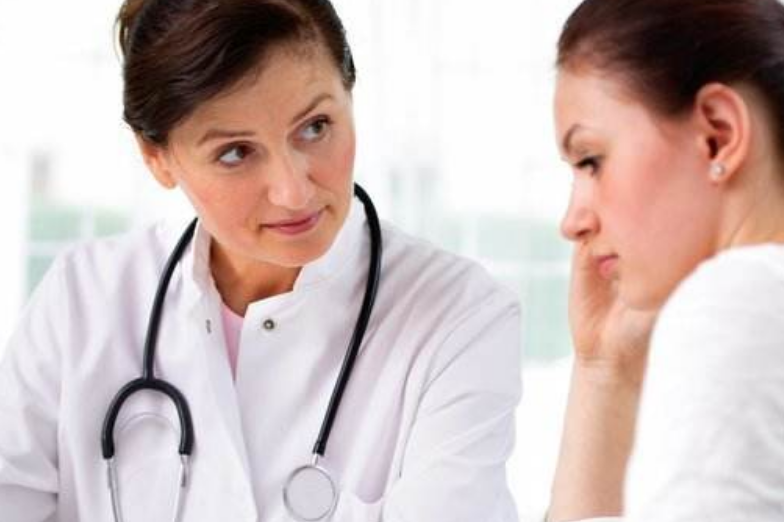Generally, women around the age of 50 will face menopause, but many women may not fully understand this decision, so they may consider some pre-menopausal signs as negative symptoms before the crisis arrives and consult a doctor first. However, this approach is also correct because we can also understand normal menopausal age in a timely manner, etc.
In general, we all know that girls will start menstruating around the age of 13, and menopause usually occurs between the ages of 45 and 55. This means that menstruation will accompany women for about 30 years, which is actually a good thing for women but also a melancholy one because menopause signifies the beginning of gradual aging in women.
However, from a perspective of physical health, menopause in the 10-year period between the ages of 45 and 55 has a certain impact on our physical health. If menstruation stops before the age of 40 or menopause has not occurred after the age of 58, it needs to be taken seriously. It’s best to go to the hospital for a comprehensive gynecological examination so that we can understand the body’s condition.
We all know that in general, many women may experience breast tenderness when menstruating, and this usually occurs a few days before menstruation. This is because as menstruation approaches, there is an early change in hormone levels in the body, leading to unstable levels of estrogen, resulting in breast tenderness in women.
However, after menopause, estrogen levels in the body decrease and stabilize, so there will no longer be slight fluctuations in levels, indicating that women’s breasts will no longer feel tender. Of course, if women continue to experience breast tenderness after menopause, it’s best to go to the hospital for a comprehensive checkup and treatment to prevent and rule out breast-related diseases.
Especially when it comes to uterine fibroids, most opinions tend to be very concerned, fearing that they will grow. However, most uterine fibroids are benign, and they may even shrink on their own, especially after reaching menopausal age when hormone levels in the body gradually decrease and stabilize. In this case, when women are found to have uterine fibroids, there is no need to worry excessively as long as they pay attention to regular check-ups.
Menopause at a normal age is not a bad thing for women, but they should also pay attention to taking care of themselves after menopause:
Many women are very conscious of their physique, so they may persist in exercising, but as they reach their forties and fifties, their bodies also become older and less agile, making it more challenging. Especially for women after menopause, if they can persist in exercising regularly, adjust the intensity appropriately, based on their physical conditions, they can help tone their muscles, promote bone strength, and enhance future physical health.
After menopause, we should be aware that certain substances will gradually deplete once they enter the body. Apart from exercising to enhance bone density, we can also prevent osteoporosis by appropriately supplementing with calcium substances. It’s essential to seek professional guidance for taking calcium supplements or drinking milk in moderation, which is a very good choice for calcium supplementation.
After menopause, as the hormone levels in women’s bodies gradually decrease, the aging process accelerates. At this stage, we need to spend time on health preservation, maintain adequate rest and sleep, avoid excessive busyness, and slow down the pace of life to ensure a more balanced hormone level in the body. This can help women after menopause maintain their feminine charm.


